Diagnosed with terminal brain cancer, 19-year-old Neil chose to embrace life in every moment. By sharing his experience with hospice, his family hopes he can help others do the same.

Diagnosed with terminal brain cancer, 19-year-old Neil chose to embrace life in every moment. By sharing his experience with hospice, his family hopes he can help others do the same.
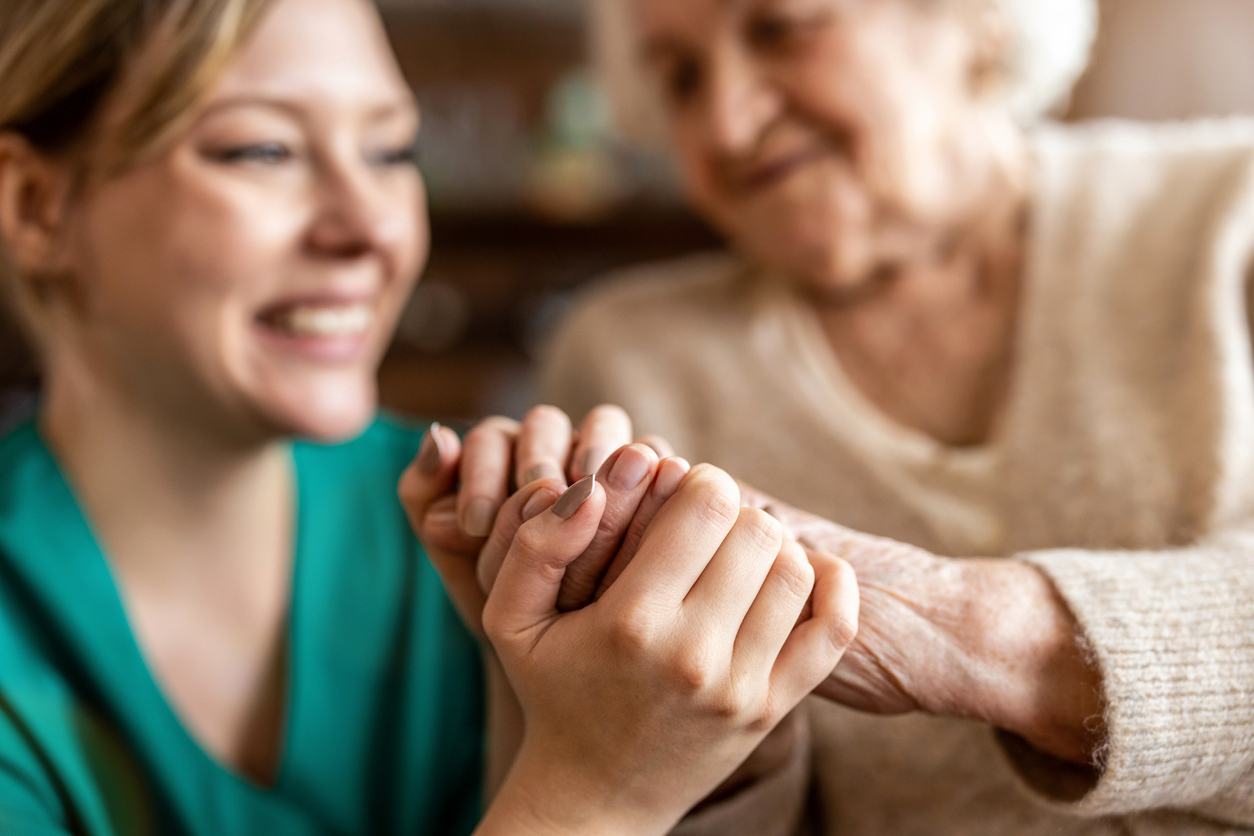
Palliative care offers extra care, information and guidance for anyone living with a serious illness. Here’s how it helps with liver disease.

A young woman shares her experience with sudden loss, grief, and healing. “It is almost impossible to understand what grief is like until it happens to you,” she says.
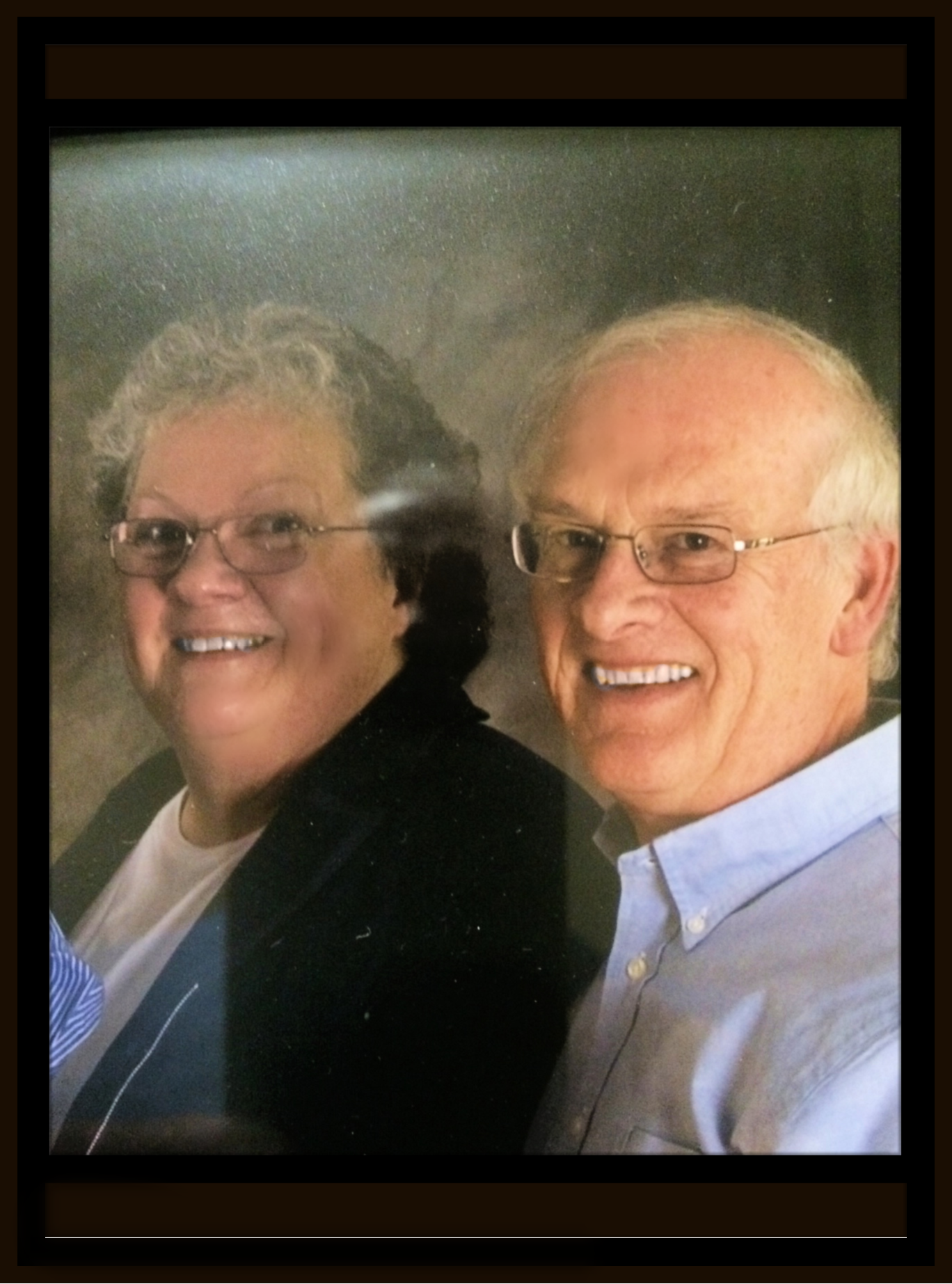
As a long-time nurse, Joanne took care of countless people. At the end of her life, her husband and hospice team were honored to take care of her.
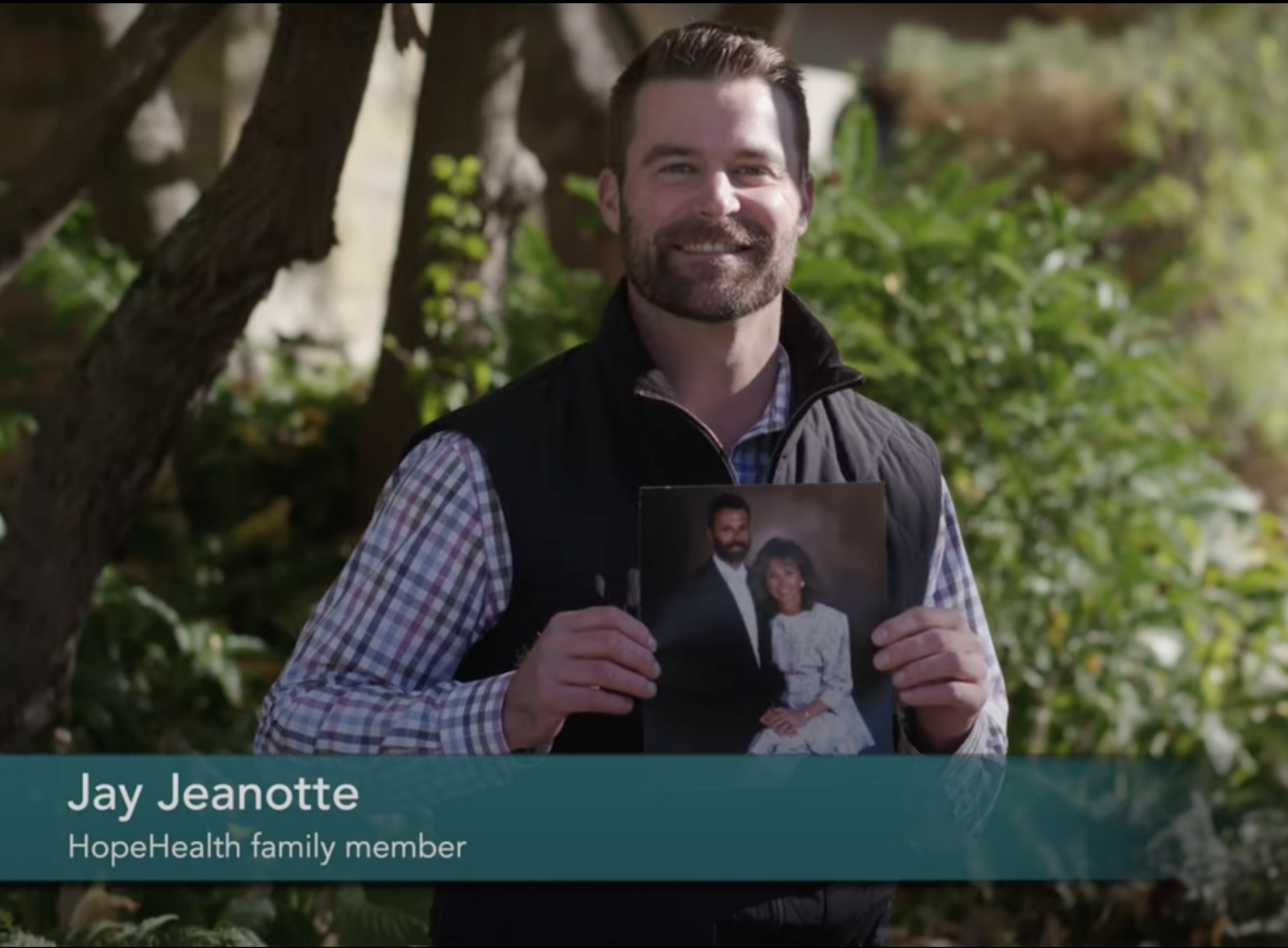
After losing both parents within just a few months, Jay needed help coping with his grief. Now, he’ll help kids and teens cope with theirs.

For people living with Alzheimer’s or another dementia, palliative care means extra support for quality of life — theirs, and their family’s.
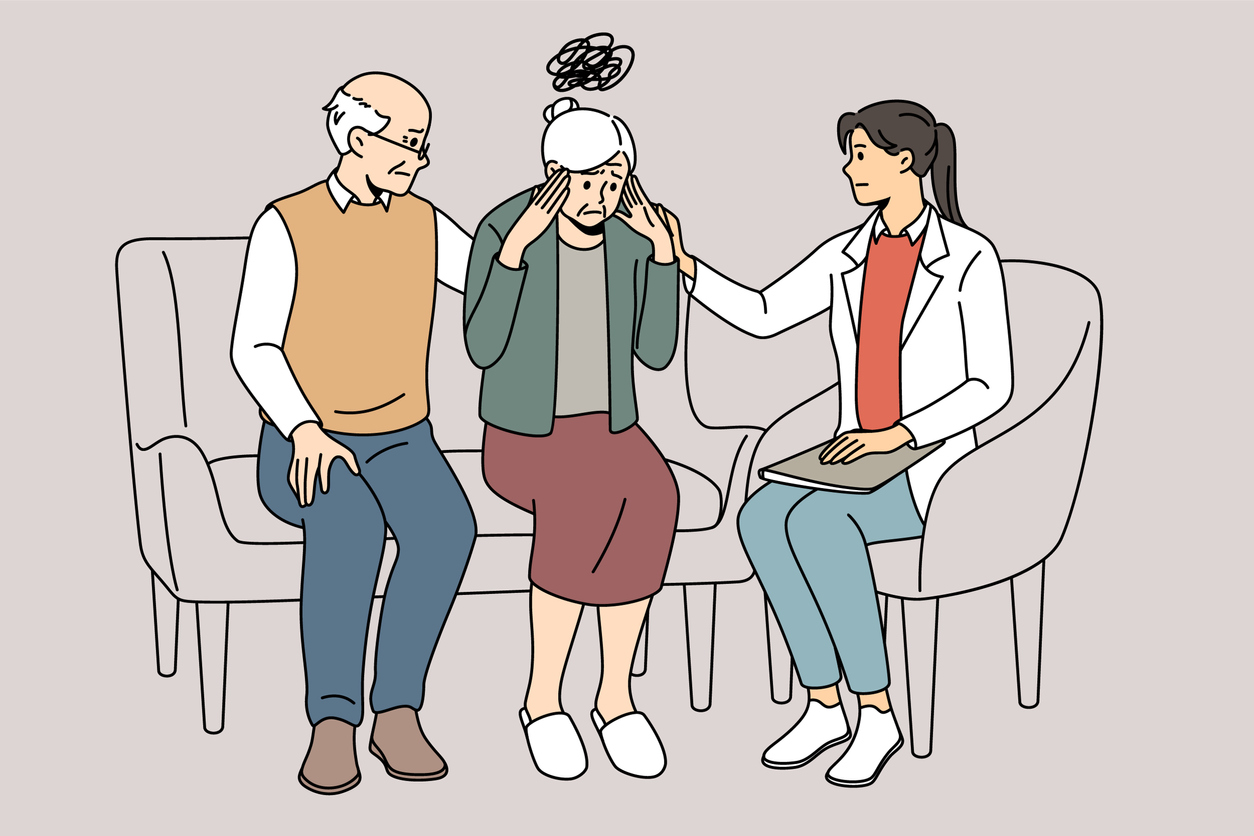
It’s one thing to witness dementia in someone you care for. It’s another to experience it, even briefly, for yourself. That’s where the Virtual Dementia Tour comes in.

For LGBTQ+ people, grief is often layered with additional stress and loss. Our LGBTQ+ Grief Support Group is a safe, inclusive place to heal.
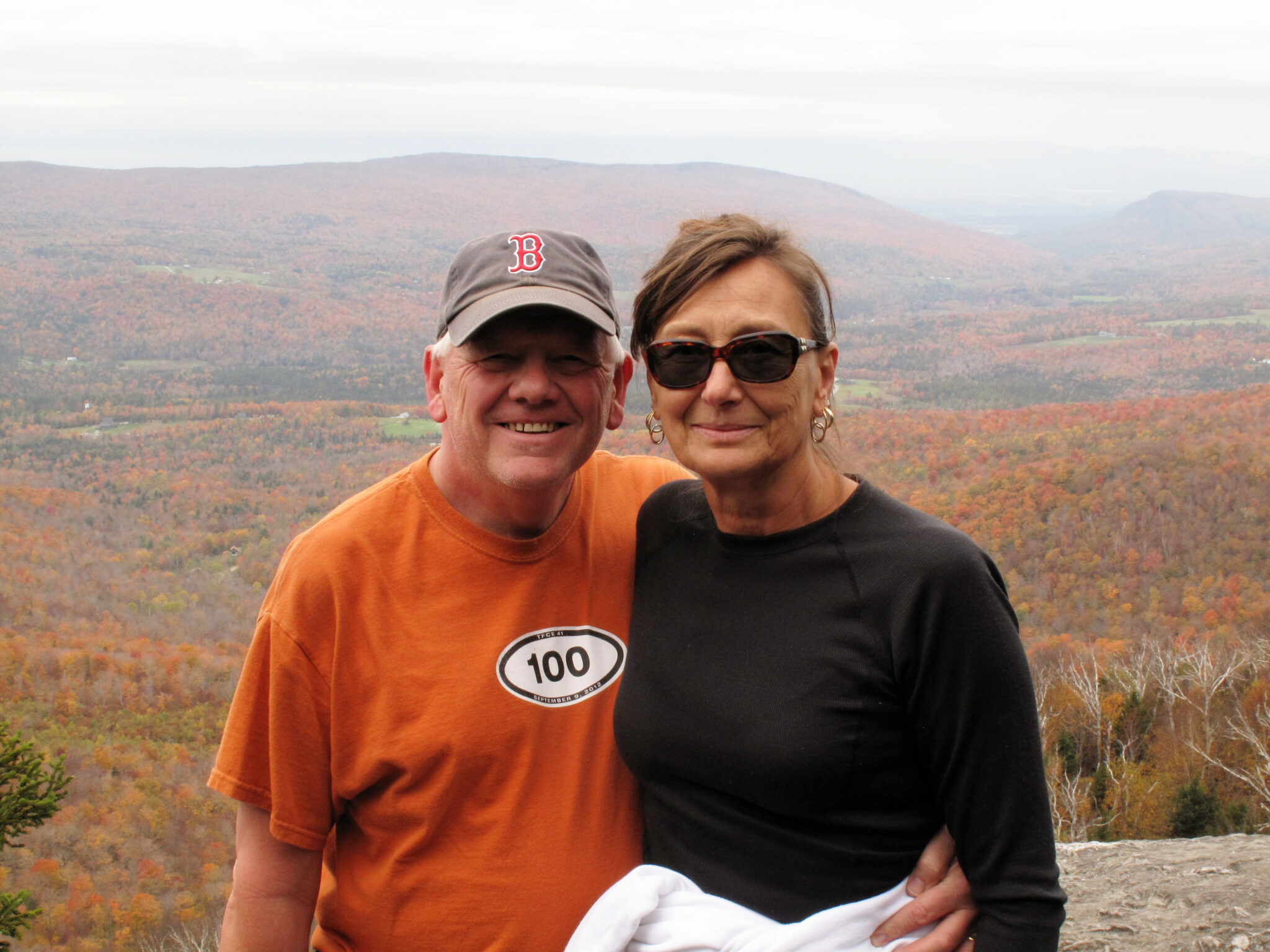
From free respite care to expert advice, here’s how the Alzheimer’s Disease Assistance Program is helping two Massachusetts families — and how it could help yours.

In honor of Nurses Week, we spotlight our hospice nurse based in a Boston hospital. “So much love, so much meaning can happen in these end-of-life spaces,” she says.